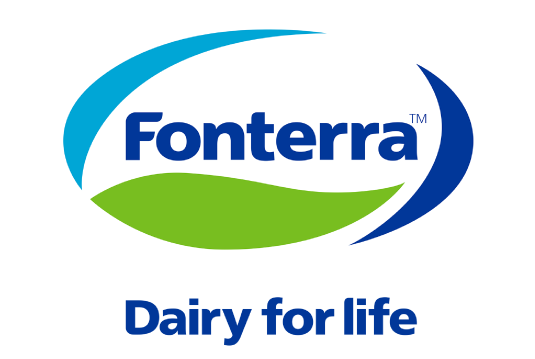World-leading scientist teaming up with Fonterra on sustainability
Professor Ian Hunter is a serial entrepreneur. Born in New Zealand, he started his first company at age nine and published his first scientific paper at age 10.
Now living in Boston, he’s the Professor of Mechanical Engineering at MIT, the co-founder of 25 companies, and has more than 100 patents to his name.
He’s also working on a new project – a partnership with Fonterra to solve some of dairy farming’s biggest sustainability challenges.
After a successful career pioneering such innovations as the needle-free injection and micro instrumentation, Ian has turned his mind to how he can improve farming systems in his home country of New Zealand.
“I’m primarily an inventor – that’s my passion in life,” says Ian.
I made the decision about 10 years ago to only work on things whose mission statement is around sustainability and making the life of animals and humans better.

Ian connected with Fonterra a year after the Board visited one of his companies – Indigo, which designs electric vehicles – in the US.
“We have a building that’s very close to MIT. I walk in and there were all these wonderful Kiwis – many of them farmers – and I immediately felt at home.”
After talking with the Board about Indigo, and how his vehicles can dramatically reduce transportation pollution, Ian was asked if he’d consider working with Fonterra.
“I’ve spent the last year and a half learning more about Fonterra - how to grow good quality grass, how to minimise pollution when fertilising.
Also learning about cows, who I think of as machines that consume grass and produce milk, but also produce methane, urine and cow dung.
I thought we can do something around these areas of pollution by rethinking a lot of on-farm production. We can have a future where the farm is a closed eco-system and the output is not pollution, but milk that’s regarded as a sustainable material, made by Kiwi farmers, from good quality grass, and these wonderful machines called cows.
It’s early days but, alongside Fonterra, Ian is exploring how technologies he has already developed can be used on-farm. Possibilities include:
- Needle-free drug delivery – this could eliminate the risk of the needle snapping during drug delivery, and enable drugs to be safely delivered on moving cows.
- Agrobot – could have a multitude of uses, including collecting cow urine and excrement to reduce effluent run-off, also deploying the needle-free drug delivery technology.
- On-farm energy generation and storage – harvesting effluent to create biogas, which is then used to fuel farm operations.
Ian is also working with his brother Peter Hunter, the Director of the Auckland Bioengineering Institute, to look at another considerable on-farm challenge: methane production.
“Methane is very high in the agenda of what we want to look at. It’s not yet possible to switch off methane production within a cow without there being impact on the taste of milk or on the cow.”
The solution could be in better understanding the cow’s rumen. With Peter, Ian plans to develop a digital model of the rumen. Data from sensors placed on a cow would feed into the digital model, allowing us to monitor the impacts on the rumen of various inputs such as feed.
It’s fair to say a lot of work is required before these innovations are used in practice. But you may see an agrobot wandering the paddocks sooner than you may think.
“We hope to have the first prototype up and running before end of the year, and within the next 12 months we want to have our robot onto our first farm.
“In parallel, we want to figure out how to produce 100 robots that we can deploy on 10 reference farms. Our challenge is to get costs down, so it becomes compelling and effective to consider these robots as a strategy on the farm.
“Ultimately, we’re hoping to make the life of the farmer a lot more pleasant. I know farmers love their cows. The farmers I speak to refer to them as their girls and are very attached to them.
The last thing farmers want to be doing is picking up cow pats to put in a bioreactor. That’s the sort of thing robots can do quite happily.”
Sustainability
Read more about our commitment to producing dairy nutrition in a way that cares for people, animals and the land, and brings value to our communities.

